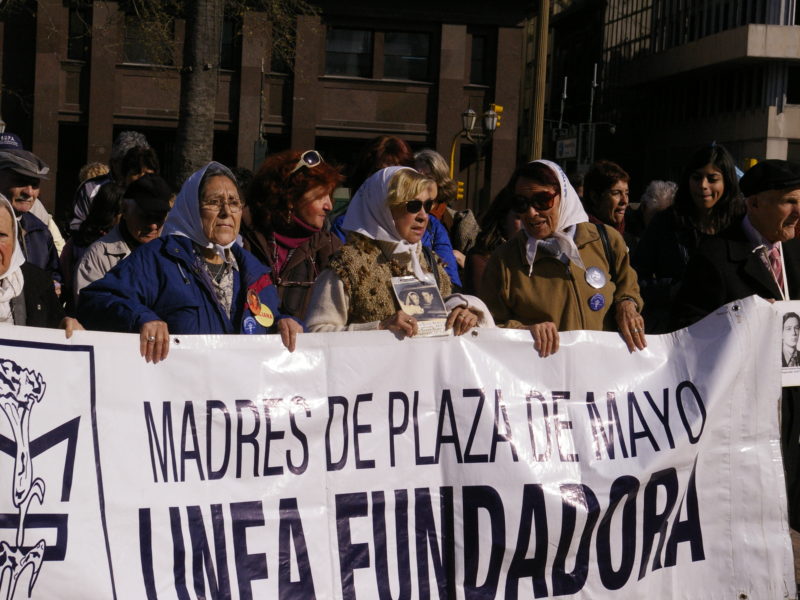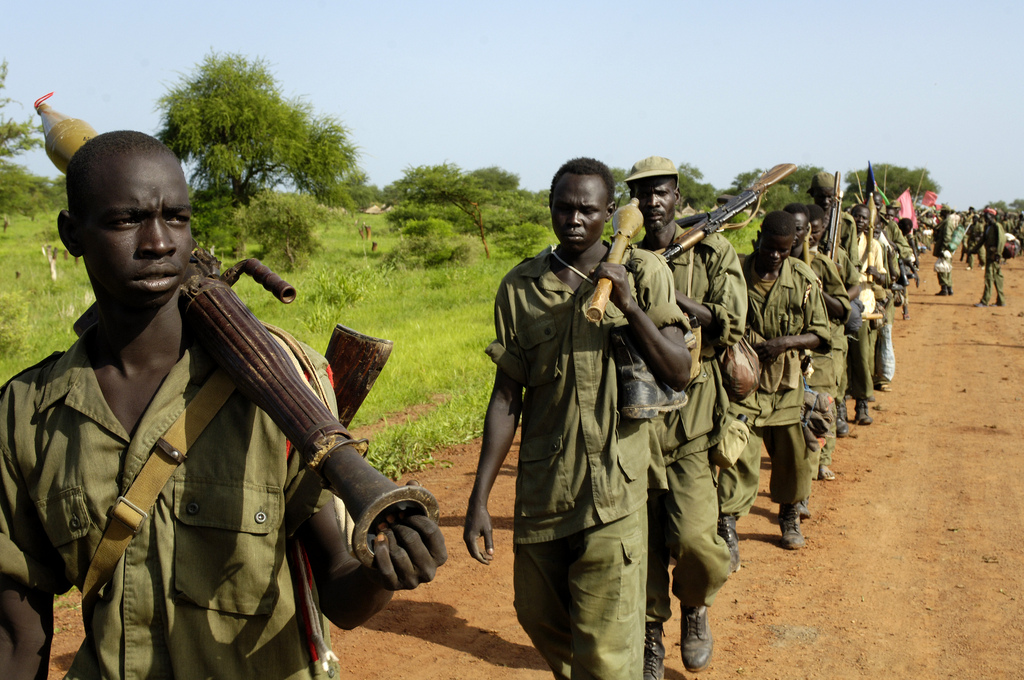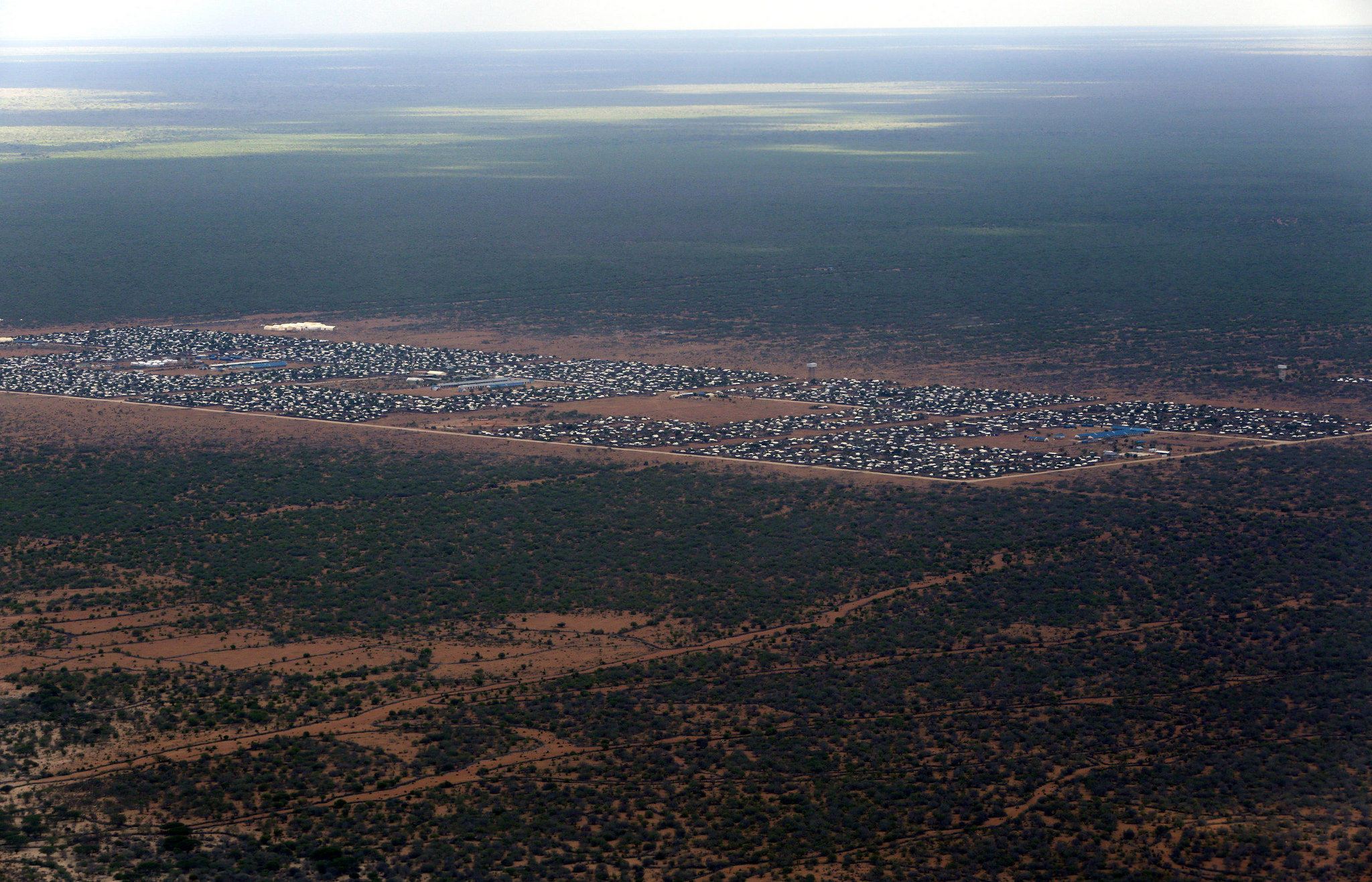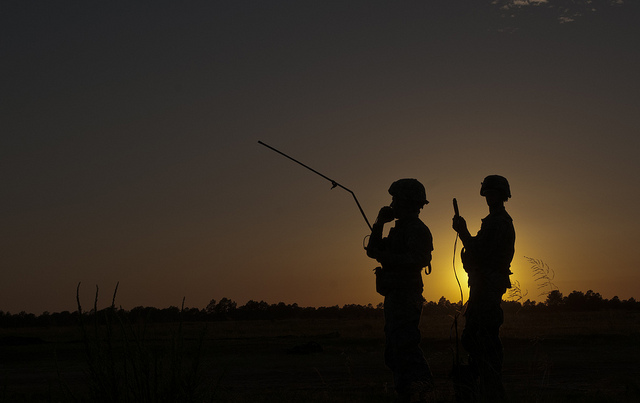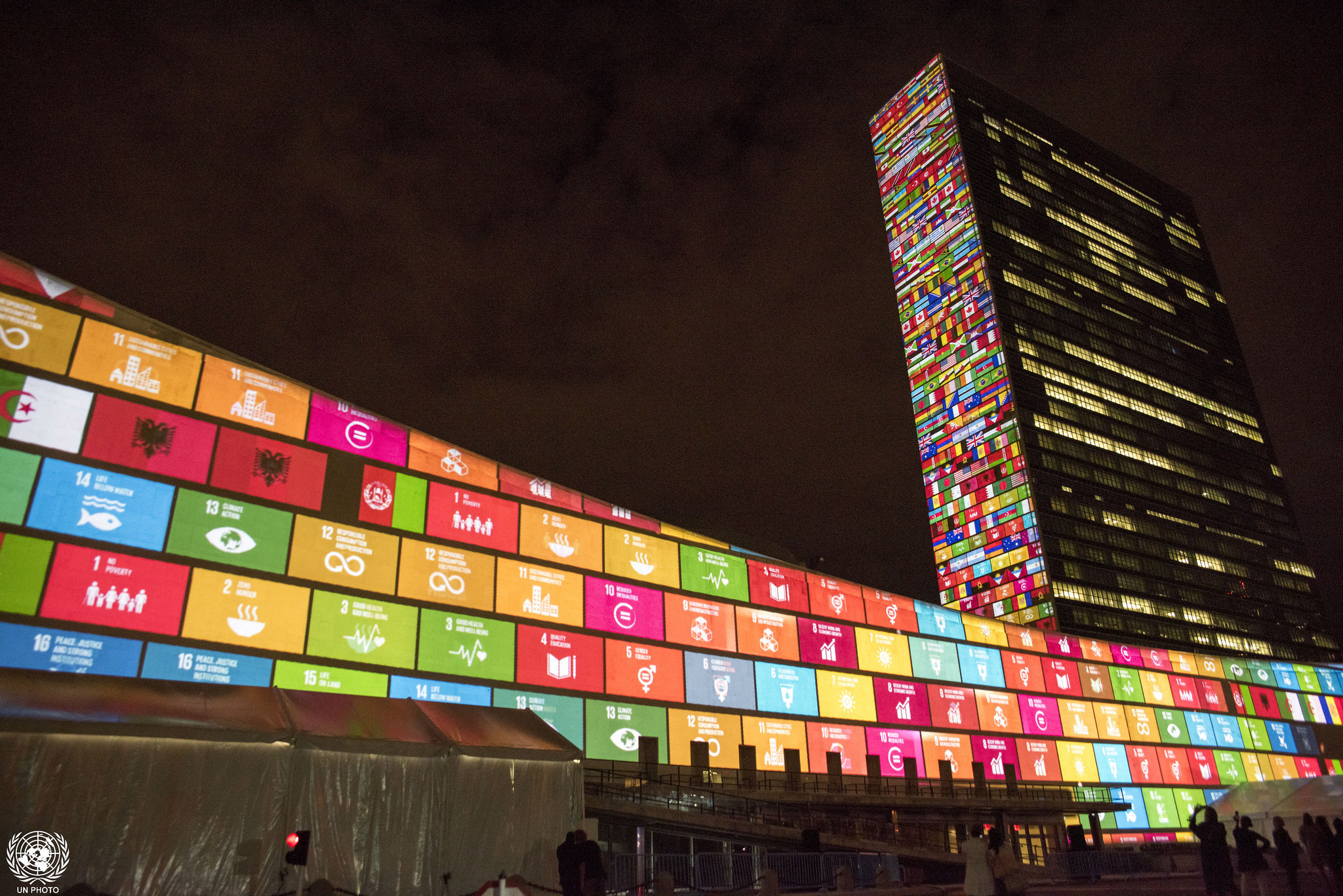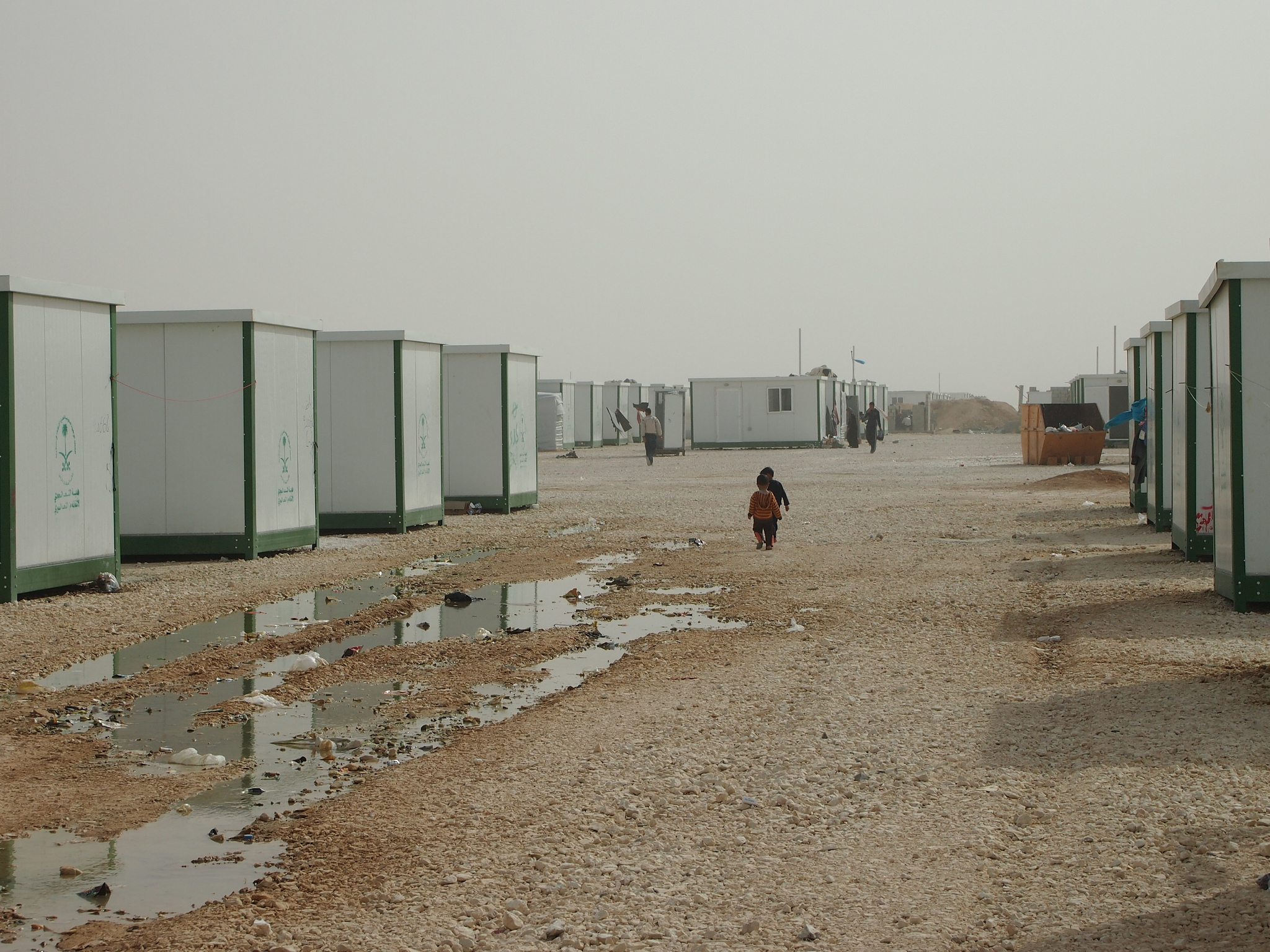Guest post by James C. Franklin
The killing of George Floyd by Minneapolis police officers, captured in a horrific video, has sparked widespread outrage and protest. It is just the latest case in a long line of unarmed African-Americans killed by police in the United States. A VICE News study documented 500 police shootings a year between 2010 and 2016, and found that police shot black people two and a half times more often than white people. There is also growing frustration at the lack of accountability for police abuses.
Police violence is not just a problem in the US. A recent New York Times article reports that the state of Rio de Janeiro, Brazil experienced a record 1,814 killings by police last year. The victims are mostly poor residents of Rio’s favelas, in which drug gangs are a powerful presence. Police are rarely punished for killings, and recently some politicians, including President Jair Bolsonaro, have encouraged the use of deadly violence. Bolsonaro, for example, said that criminals should “die in the streets like cockroaches.” President Donald Trump, though less direct than Bolsonaro, has expressed similar sentiments. He told police officers in 2017: “please don’t be so nice” when arresting suspects.
Human rights abuses—such as in the US and Brazil—are typically viewed by social scientists as a tool of political repression, in which political leaders use violence to minimize threats to their power. Repression is most likely when political leaders face violent political challenges, such as civil wars. Democracy tends to reduce political repression by legalizing peaceful opposition and introducing incentives for leaders, who face electoral consequences from voters and possibly other powerful actors for ordering human rights abuses.
Although democracy should discourage political repression, such as sanctions against opposition leaders or activists, it can fail to deter coercive state oppression—prolonged abuses targeting nonpolitical groups, such as criminal suspects—because the victims are often poor, racial minorities, or otherwise socially marginalized. Therefore, actions taken against them carry fewer costs for politicians.
What can be done, then, to challenge longstanding oppression of, for example, African Americans in the US, and the poor of Brazil? A look at experiences in Latin America may provide some clues.
Latin America in the 1980s experienced severe human rights abuses but also saw the growth of prominent human rights movements in Chile, Guatemala, and most prominently in Argentina with the Madres de la Plaza de Mayo. In Brazil, which has a long history of abuses by police or police-connected death squads against the poor, abuses worsened in the 1980s, under a newly democratic regime. However, other South American countries experienced democratization and declining abuses during that time.
Looking at seven Latin American countries from 1981-1995, my research shows that violent political rebellion significantly increased political abuses, but had no effect on oppression. Democracy substantially decreased political repression but not oppression. However, larger numbers of generalized human rights protests were associated with significantly lower rates of both political repression and generalized oppression.
Why would human rights protests decrease coercive state oppression? In Argentina and Chile, groups that participated in human rights protests continued to press for reforms of the criminal justice systems after democracy was reestablished. These reforms discouraged the abuses typical of coercive state oppression. Brazil and Venezuela, in contrast, saw high rates of oppression without the same kind of citizen-led reform efforts.
What about the United States? While findings from one setting do not necessarily apply to another, the Latin American experience is highly relevant to the US today. The killing of George Floyd has unleashed generalized human rights protests in cities large and small across the United States, which have served to put the issue of police abuses against African Americans at the top of the public agenda. As the cases of Argentina and Chile suggest, the energy and attention from protests need to be channeled into reform efforts. It will not be easy—but the protests bring the potential for the broad and persistent public pressure needed for difficult police reforms. The protests have extended around the world as well—including protests in Brazil against President Bolsonaro and police violence against blacks. This raises the hope of addressing the oppression of racial minorities and other marginalized groups in multiple countries around the world.
James C. Franklin is a professor of politics and government at Ohio Wesleyan University.

